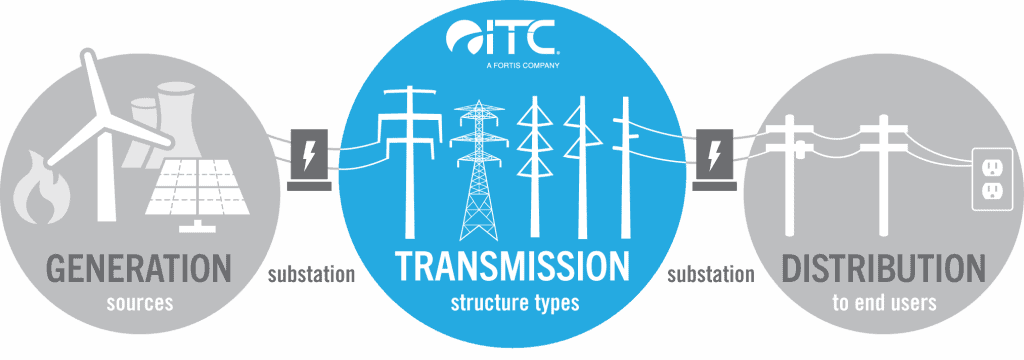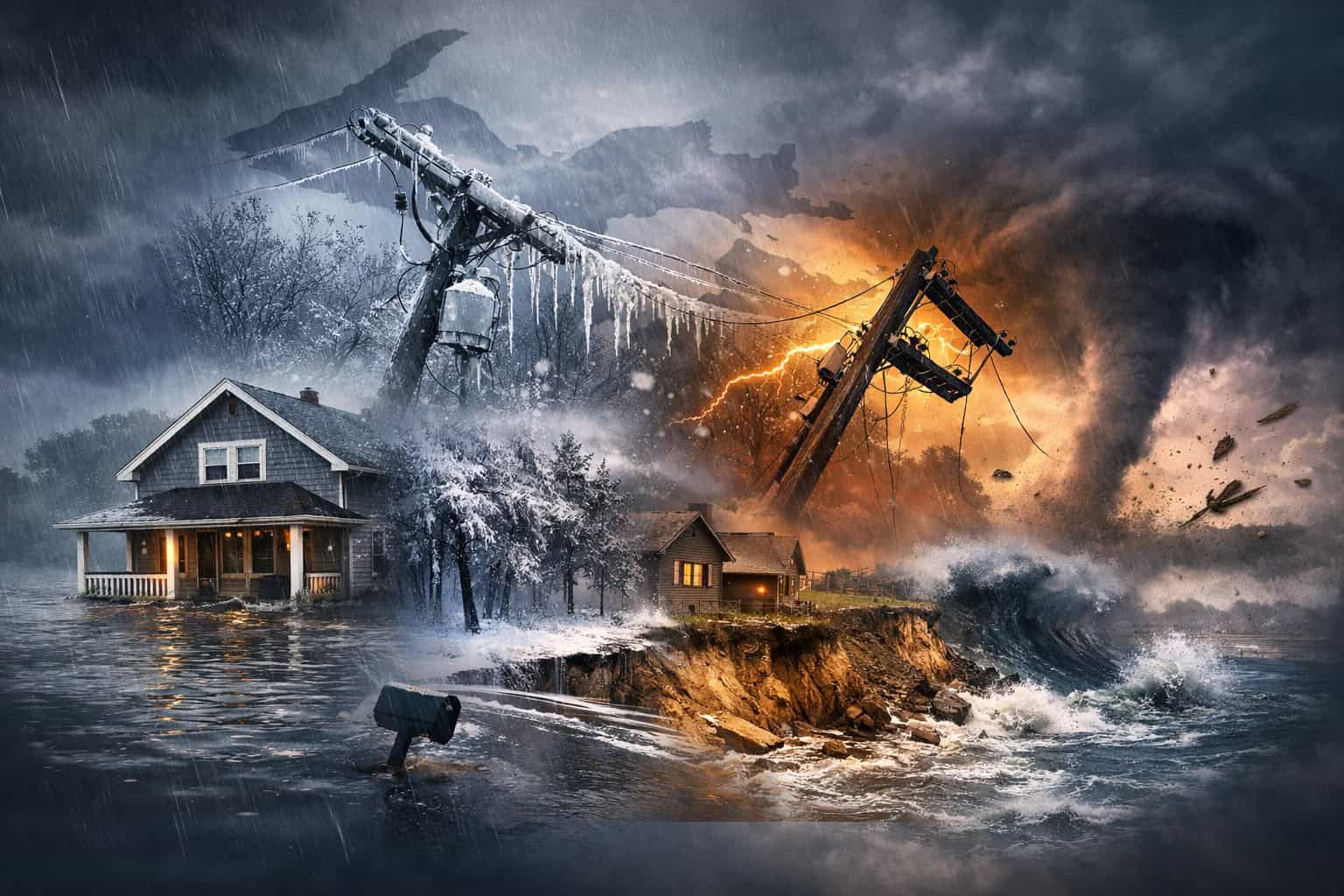LANSING – The U.S. Coast Guard will, 90 days from Friday, have an official standard for treating ballast water from oceangoing vessels entering particularly freshwater areas, but those ships entering Michigan waters would still have to have a state permit to exchange ballast water, at least for now.
The Coast Guard had required exchanging ballast water at sea under the theory that the salt water would kill most of the fresh water organisms that might be found in the ballast tanks. Its new standards would require technology in ballast tanks that would kill most of the organisms found there, down to standards set by the International Maritime Organization.
But those standards might not be sufficient to protect the Great Lakes from invasive species, said Bill Creal, chief of the Department of Environmental Quality Water Resources Division.
Creal said the International Maritime Organization standard allows for certain numbers of organisms, depending on their size, per volume of water. “The science supports a standard to protect the Great Lakes about 100 times more strict than the IMO standard,” he said. “We think the risk level is pretty high at the IMO standard.”
Earlier drafts of the Coast Guard rule included a standard for the Great Lakes that was 1,000 times stricter than the IMO standard, but that provision has been suspended indefinitely, Creal said.
So, for at least the near term, Michigan will continue requiring its own permits, he said. “Our permit was reissued earlier this year,” he said.
In addition to the Michigan and Coast Guard regulations, the U.S. Environmental Protection Agency also has permits addressing ballast water. Creal said the EPA permits are broader because they address all discharges from ships, but he said they also stick to the IMO standard.
Michigan has appealed using that standard.
“We’re still working with EPA with their permit,” he said. “We’re hoping we can put a national permit in place that will be protective and we won’t need Michigan permit.”
The end result, though, will have to be not only a national permit, but an international permit that includes Canadian ports, to fully protect the Great Lakes, Creal said.
And, while other states so far have not been as vigilant on the issue as Michigan, he said protecting the Great Lakes from invasive species is actually a national issue. “Zebra mussels came into Lake Erie in mid-80s,” he said. “They spread across United States.”
LANSING – The U.S. Coast Guard will, 90 days from Friday, have an official standard for treating ballast water from oceangoing vessels entering particularly freshwater areas, but those ships entering Michigan waters would still have to have a state permit to exchange ballast water, at least for now.
The Coast Guard had required exchanging ballast water at sea under the theory that the salt water would kill most of the fresh water organisms that might be found in the ballast tanks. Its new standards would require technology in ballast tanks that would kill most of the organisms found there, down to standards set by the International Maritime Organization.
But those standards might not be sufficient to protect the Great Lakes from invasive species, said Bill Creal, chief of the Department of Environmental Quality Water Resources Division.
Creal said the International Maritime Organization standard allows for certain numbers of organisms, depending on their size, per volume of water. “The science supports a standard to protect the Great Lakes about 100 times more strict than the IMO standard,” he said. “We think the risk level is pretty high at the IMO standard.”
Earlier drafts of the Coast Guard rule included a standard for the Great Lakes that was 1,000 times stricter than the IMO standard, but that provision has been suspended indefinitely, Mr. Creal said.
So, for at least the near term, Michigan will continue requiring its own permits, he said. “Our permit was reissued earlier this year,” he said.
In addition to the Michigan and Coast Guard regulations, the U.S. Environmental Protection Agency also has permits addressing ballast water. Creal said the EPA permits are broader because they address all discharges from ships, but he said they also stick to the IMO standard.
Michigan has appealed using that standard.
“We’re still working with EPA with their permit,” he said. “We’re hoping we can put a national permit in place that will be protective and we won’t need Michigan permit.”
The end result, though, will have to be not only a national permit, but an international permit that includes Canadian ports, to fully protect the Great Lakes, Creal said.
And, while other states so far have not been as vigilant on the issue as Michigan, he said protecting the Great Lakes from invasive species is actually a national issue. “Zebra mussels came into Lake Erie in mid-80s,” he said. “They spread across United States.”
a>>






